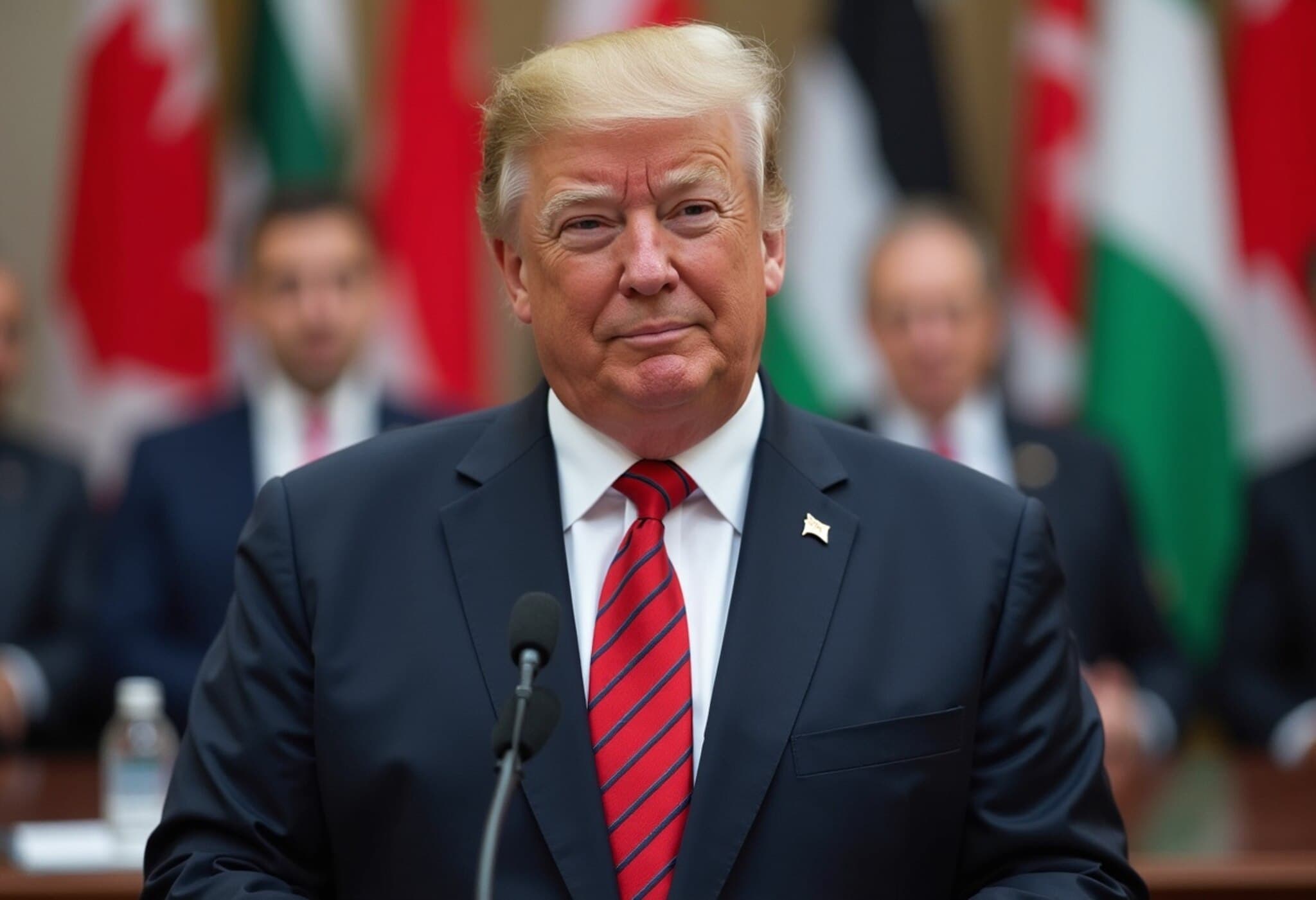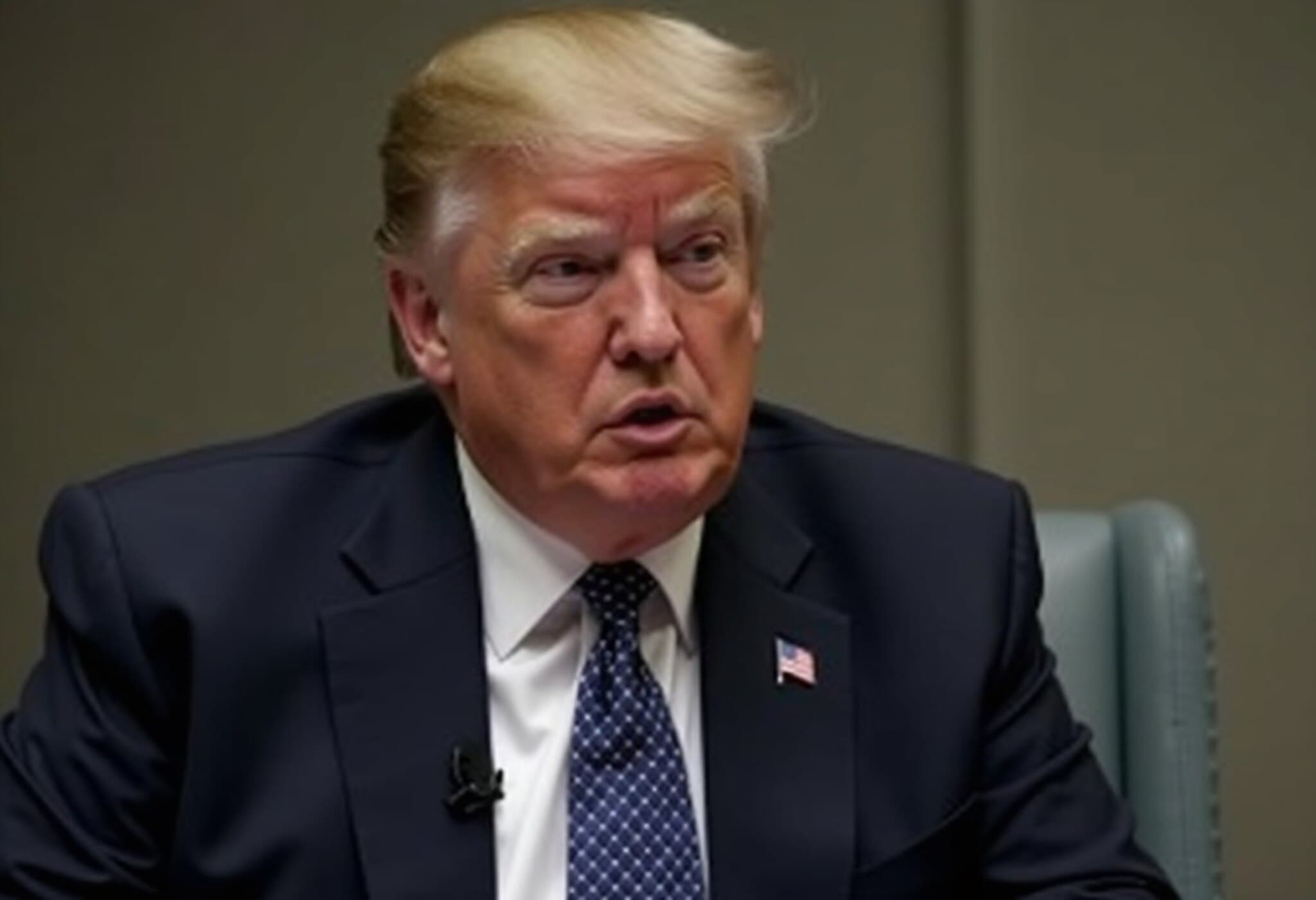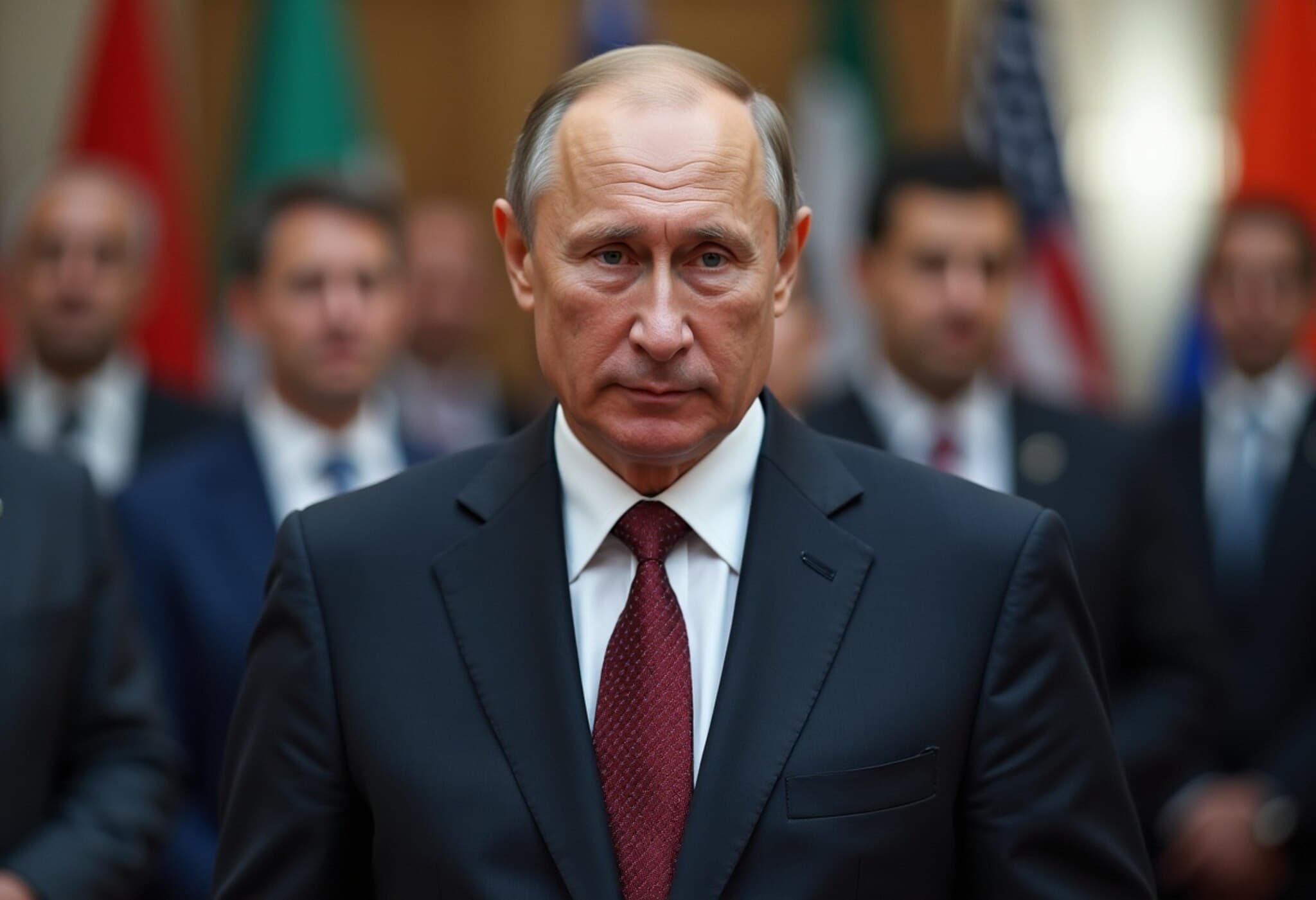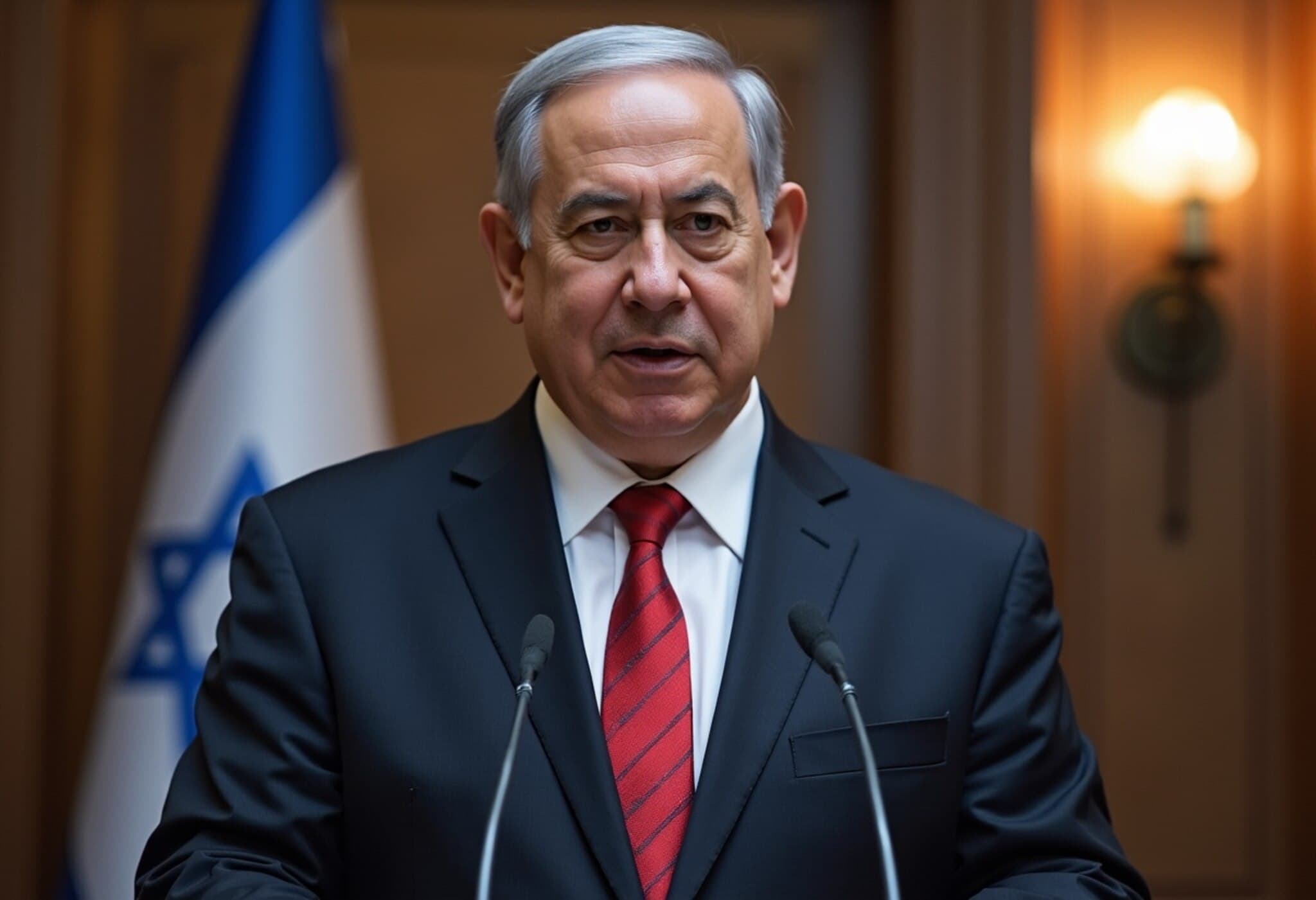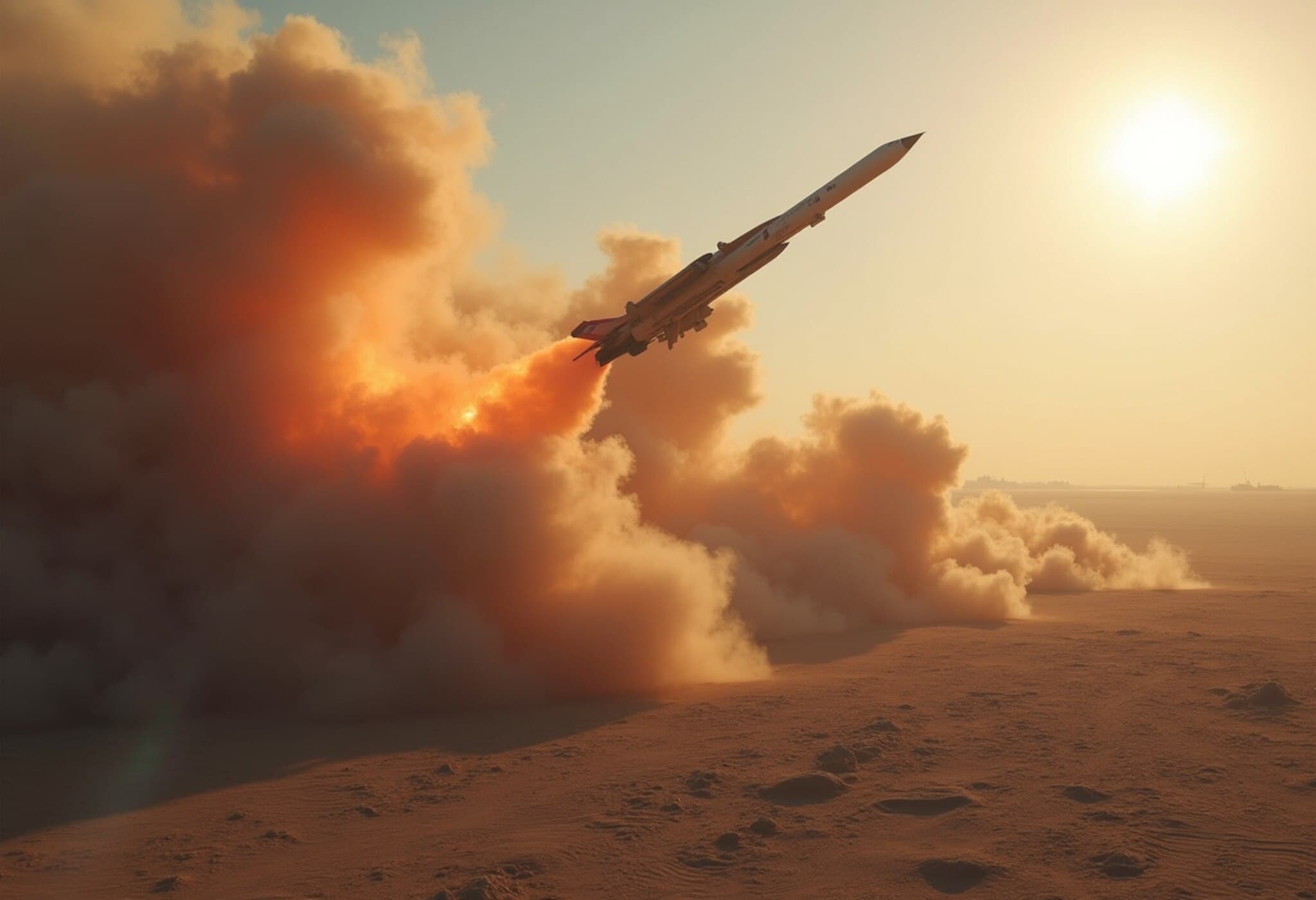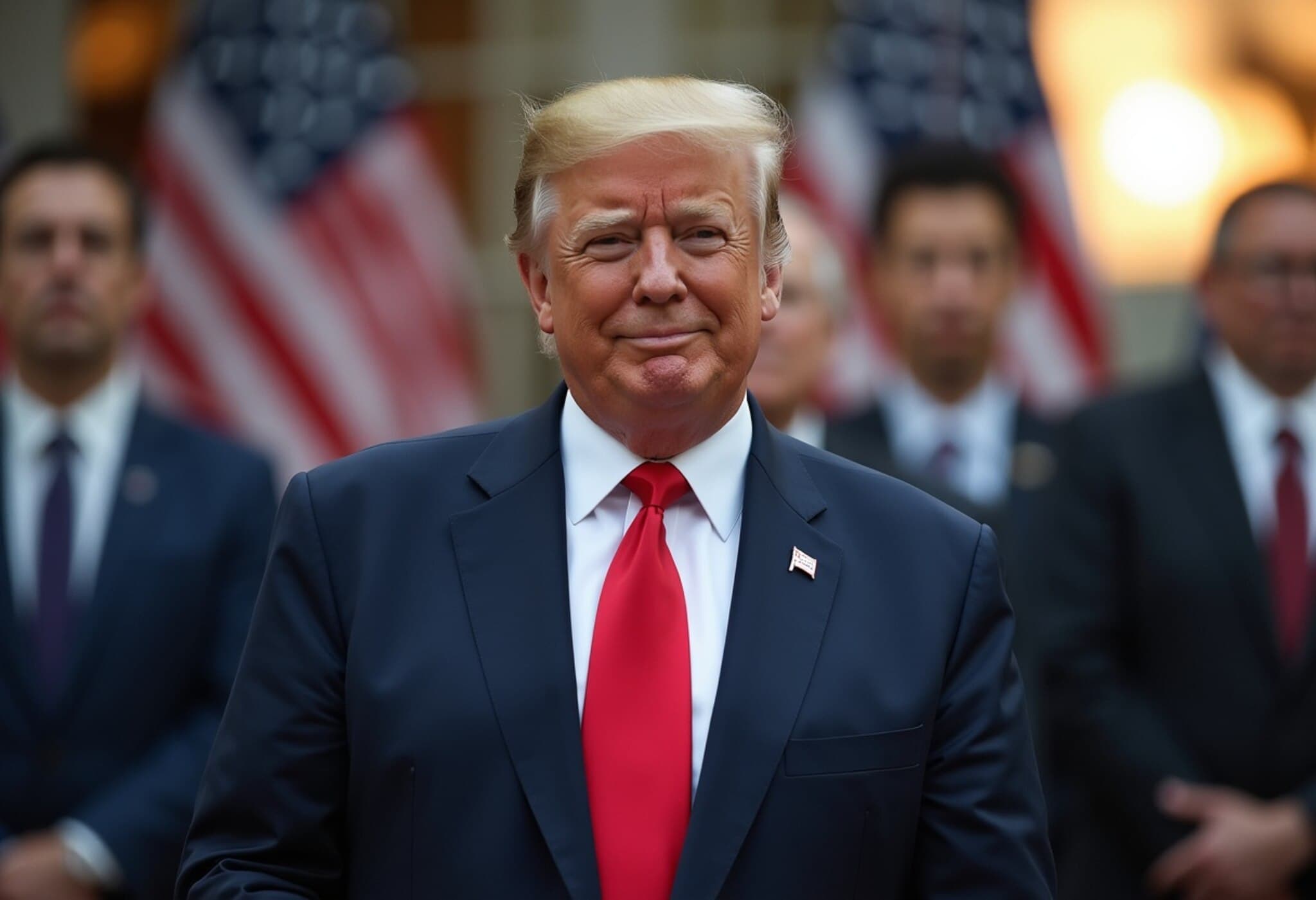Canada Announces Plan to Recognize Palestinian State in September 2025
In a significant and carefully measured shift in foreign policy, Canadian Prime Minister Mark Carney revealed on July 31, 2025, that Canada intends to formally recognize the State of Palestine during the upcoming 80th session of the United Nations General Assembly in September. This decision aligns Canada with fellow G7 nations, the United Kingdom and France, who have recently endorsed similar moves amid escalating tensions in the Middle East.
Balancing Diplomacy and Democratic Reform
During a briefing with reporters, Carney emphasized that Canada’s recognition will be conditional upon the Palestinian Authority’s commitment to meaningful democratic reforms. This commitment notably includes the conduct of general elections in 2026 free from participation by militant groups such as Hamas, thereby addressing concerns about governance legitimacy and peace prospects.
Nearly 150 United Nations member states already recognize Palestine as a sovereign entity, highlighting a global divide largely influenced by geopolitical interests and peace process dynamics.
Context Behind Canada's Policy Shift
Carney pointed to multiple factors driving this policy pivot. First, the steady expansion of Israeli settlements into the West Bank complicates the ground realities for a two-state solution. Second, the humanitarian crisis, particularly the worsening conditions in Gaza—including widespread starvation and infrastructural collapse—signals a deteriorating situation that Canada can no longer overlook.
He remarked, "The prospect of a Palestinian state is literally receding before our eyes," underscoring the urgent need to recalibrate Canada's stance in light of current developments.
International Alignments and Regional Reactions
This announcement follows direct consultations between Carney and UK Prime Minister Keir Starmer, who unveiled the UK’s intentions just the day before. Both leaders expressed deep concern over the “intolerable” human suffering witnessed in Gaza.
Malta’s Prime Minister Robert Abela also confirmed plans to recognize Palestine, framing this as a commitment toward durable peace. The convergence of these smaller yet influential nations around Palestine’s statehood recognition marks a notable shift in international diplomacy.
Expert Insights: Navigating Complex Terrain
For policy analysts and observers of the Middle East conflict, Canada’s decision exemplifies the growing pressure Western democracies face to reconcile their traditional support for Israel with evolving global human rights concerns.
This move raises critical questions:
- Will conditional recognition encourage democratic reforms within Palestinian leadership, or will it provoke pushback from entrenched factions?
- How will this affect U.S.-Canada coordination in Middle East policy, given the U.S. historical stance on Israeli-Palestinian negotiations?
- Could this shift catalyze renewed peace negotiations or inadvertently deepen geopolitical fault lines?
In economic terms, Canada must also weigh the long-term impact on trade and diplomatic relations within the Middle East, including with Israel.
Broader Implications for the Two-State Solution
Carney reiterated Canada’s foundational belief in a two-state solution — a sustainable, sovereign Palestinian state coexisting peacefully with Israel. However, the evolving circumstances cast doubt on the feasibility of this outcome without urgent and substantial changes on both sides.
Historically, Canada's cautious approach balanced its strong ties with Israel alongside advocacy for Palestinian rights. Today’s announcement signals a critical moment of reevaluation amid increased global calls for justice and humanitarian accountability.
What’s Next?
As September approaches, all eyes will turn to the United Nations General Assembly, where formal recognition from Canada and its allies could trigger a domino effect, encouraging other undecided nations to follow suit. This juncture may well reshape international diplomacy around the Middle East conflict.
Canada’s forthcoming recognition of Palestine reflects a pivotal foreign policy choice underscored by humanitarian urgency and geopolitical transformation. While this gesture affirms support for Palestinian statehood, it also raises essential questions about fostering meaningful democratic reforms and sustaining balanced diplomacy amidst an ongoing conflict. Observers should watch for how these developments influence peace negotiations, regional alliances, and global consensus on the Israeli-Palestinian issue.

